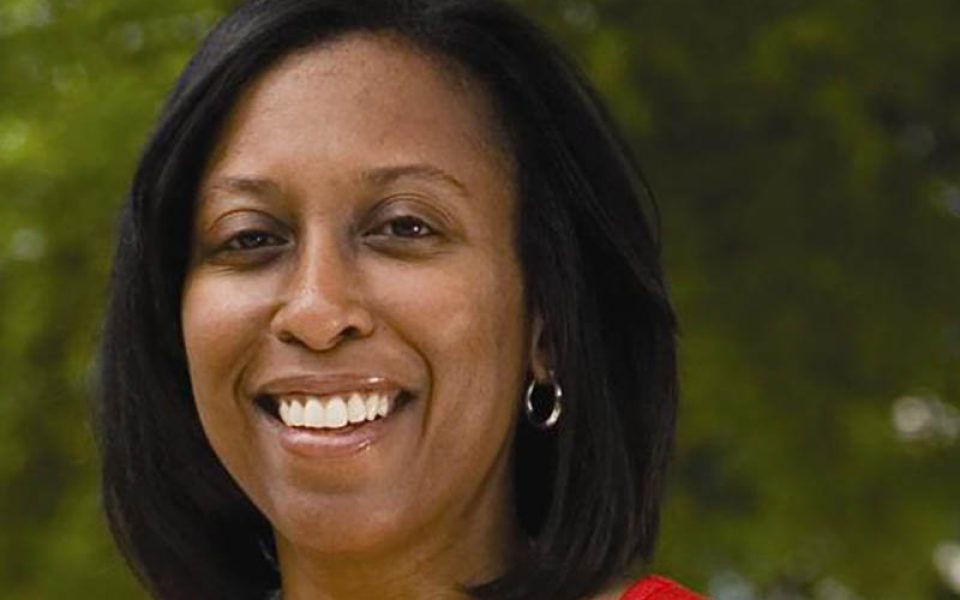Lauren Davis is an associate professor of industrial and systems engineering at NC A&T State University and the principal investigator for a research project that will train 50 masters and doctoral students to use big data to help organizations that are addressing food insecurity make evidence-based decisions and improve provision of food aid. Her team recently secured a five-year, $3 million grant through the National Science Foundation’s Research Traineeship Program.
Why is this one-year training program unique?
It’s highly interdisciplinary; the supply-chain part is something that most industrial-systems engineering students would be exposed to but not so much inner workings of a food bank or the public policy implications, which is why we have people from all those disciplines represented… to help us develop a holistic understanding of not just the food bank supply chains but food insecurity at a much larger scale. Students that enroll in the program are going to get professional development to get all the skills they need to work with big data and do data-mining and predictive modeling as well as training from a sociological perspective as it relates to food insecurity and hunger relief.
Not everyone gets excited about big data. Why should people care about this project?
I think it’s exciting because this is a situation where you can have a direct impact on society. A lot of students are interested in big data… so it seems like a good match to marry that training with something where the output of what they’re doing from a research perspective could be used to help someone else. We’ve got these students who… understand how to capture data to tell a story about what’s happening so that if the agency wants to do some additional fundraising, this story can help justify why they need additional funds. I think that’s where we can really make an impact in the community.
How is this research relevant to food-insecure communities in the Triad?
First, we need to identify additional partners in the region and then identify what their needs are relative to what we’re trying to accomplish. They’re trying to get as much food as they can to distribute to the people in need but what are some of the challenges they’re facing as they try to do that, and what specific challenges are driven by lack of information, lack of visibility or not having a good understanding of what the needs of the population are? If we understand those challenges and where they can be overcome by data, that’s where this project has benefit.
Join the First Amendment Society, a membership that goes directly to funding TCB‘s newsroom.
We believe that reporting can save the world.
The TCB First Amendment Society recognizes the vital role of a free, unfettered press with a bundling of local experiences designed to build community, and unique engagements with our newsroom that will help you understand, and shape, local journalism’s critical role in uplifting the people in our cities.
All revenue goes directly into the newsroom as reporters’ salaries and freelance commissions.


Leave a Reply